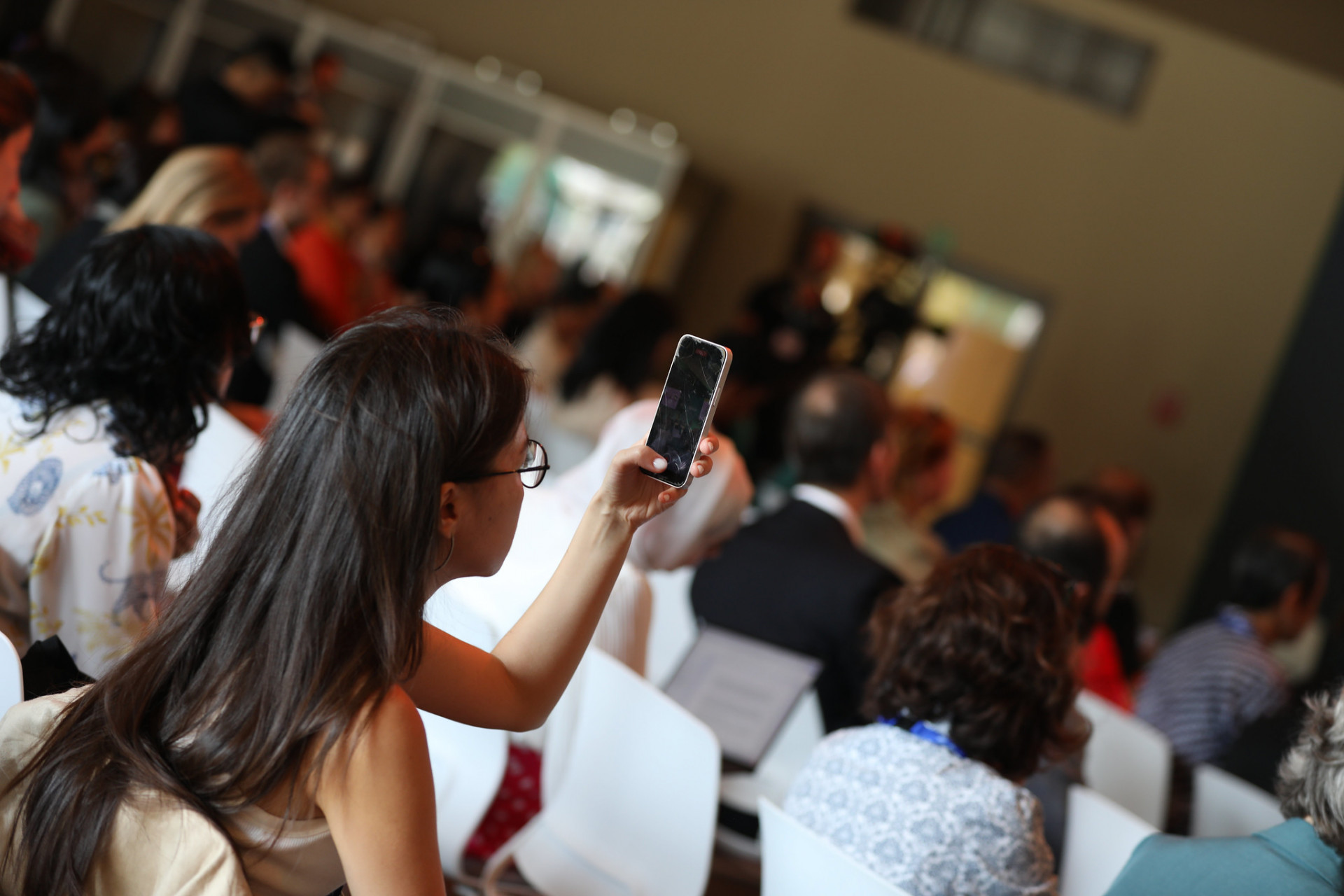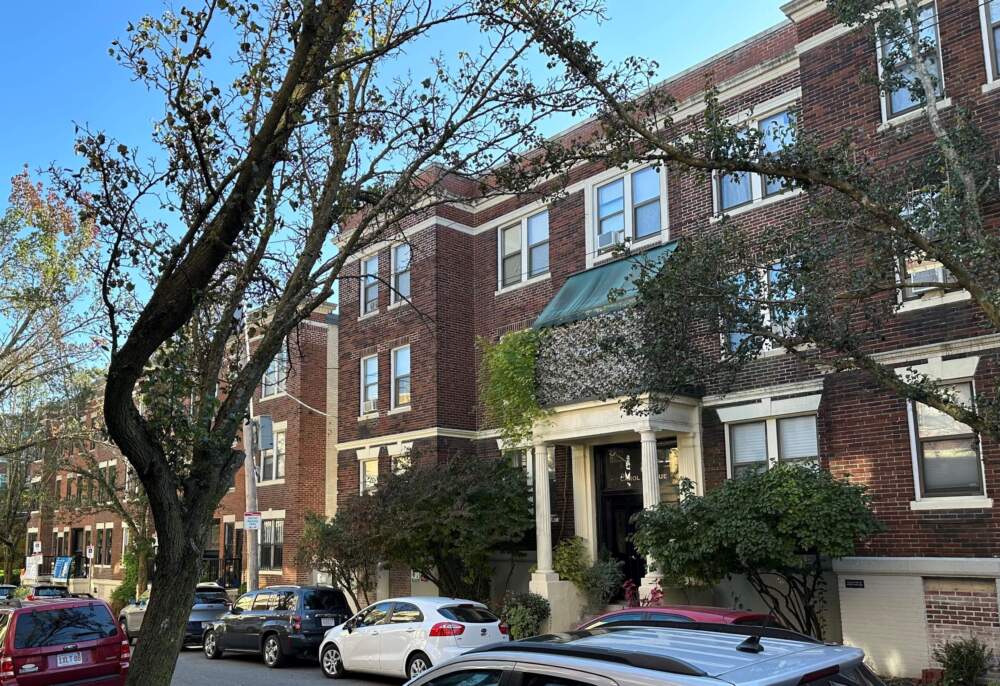FM #1102 = This is the Franklin Matters radio show, number 1102 in the series.
This session of the radio show shares my conversation with Ted McIntyre, Franklin resident and climate activist via the Zoom conference bridge Monday, November 13, 2023.
In this episode we cover multiple topics from the release of the Hopper Report, we run through a series of articles from around New England, and then back to MA, covering what has been happening recently to close with some quotes from the Hopper Report.
Links to the many articles we talk of are collected in one PDF doc linked to below.
This discussion continues our journey understanding the MA roadmap toward net zero and while it helps me “make sense of climate”, we hope it helps with your understanding as well.
If you have climate questions or Franklin specific climate questions, send them in and we’ll try to answer them in a future session.
The conversation runs about 47 minutes. Let’s listen to my conversation with Ted as we help ‘make sense of climate.’ Audio link -> https://franklin-ma-matters.captivate.fm/episode/fm-1102-making-sense-of-climate-35-11-13-23
--------------
Links to articles referenced for this episode are collected in one PDF -> https://drive.google.com/file/d/1fYRQvznj3SB1YU4NqXOR7NslMPM2gArf/view?usp=drive_link
** See the page that collects all the “Making Sense of Climate” episodes -> https://www.franklinmatters.org/2022/02/making-sense-of-climate-collection.html
--------------
We are now producing this in collaboration with Franklin.TV and Franklin Public Radio (wfpr.fm) or 102.9 on the Franklin area radio dial.
This podcast is my public service effort for Franklin but we can't do it alone. We can always use your help.
How can you help?
If you can use the information that you find here, please tell your friends and neighbors
If you don't like something here, please let me know
Through this feedback loop we can continue to make improvements. I thank you for listening.
For additional information, please visit www.franklin.news/ or www.Franklinmatters.org/
If you have questions or comments you can reach me directly at shersteve @ gmail dot com
The music for the intro and exit was provided by Michael Clark and the group "East of Shirley". The piece is titled "Ernesto, manana" c. Michael Clark & Tintype Tunes, 2008 and used with their permission.
I hope you enjoy!
------------------
You can also subscribe and listen to Franklin Matters audio on iTunes or your favorite podcast app; search in "podcasts" for "Franklin Matters"
 |
| Starting with a bicycle story, we shift gears to cover climate topics around the region and cycle back to a key report (audio) |







